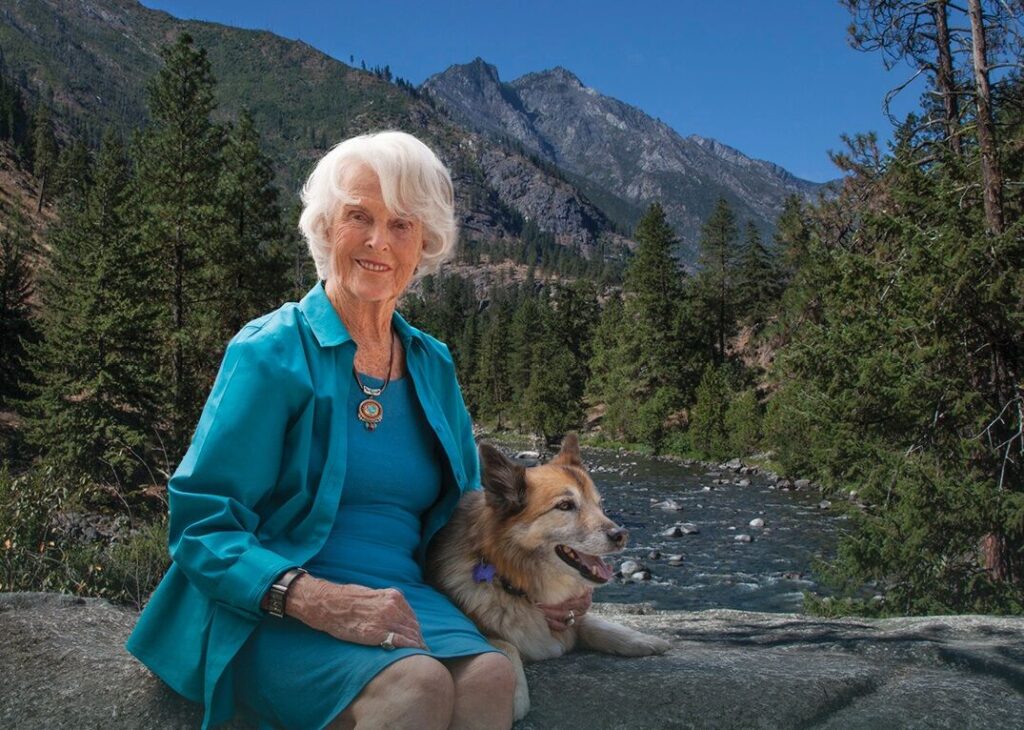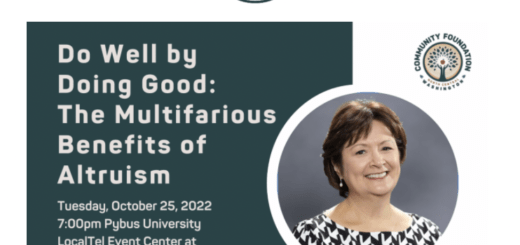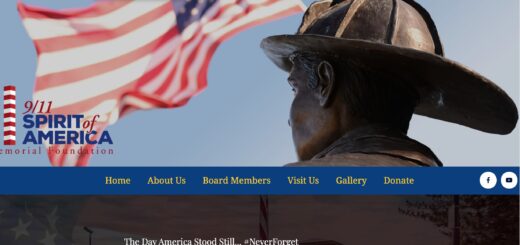Harriet Bullitt unfailingly served as a catalyst for constructive change in our communities
Harriet Bullitt, who passed on last weekend at age 97, made immeasurable contributions to the communities of North Central Washington and beyond through her generous philanthropy and her unswerving commitment to conservation, history and the arts.
She was a remarkable human being on so many levels — a competitive fencer, savvy businesswoman, flamenco dancer and philanthropist. One thing that stands out to me was her warm humanity and gracious spirit. She was all about creating and building, using the immense fortune she inherited to make lasting contributions through the development of Sleeping Lady Mountain Retreat as well as the Icicle Fund, which has pumped millions of dollars into worthy projects enhancing the quality of life in our region.
Her support, through the Icicle Fund, was instrumental in getting the Chelan-Douglas Land Trust off the ground, as was her purchase of Barn Beach Reserve and the creation of Wenatchee River Institute. Those two organizations have been enormously successful at fostering a sense of community and a shared commitment to education and conservation in the interest of maintaining a healthy environment in this place we call home. That’s just the tip of the iceberg of what she helped accomplish. Harriet made these contributions invariably without blowing her own horn. She steadfastly kept her ego out of it.
When her death was announced on Saturday, the tributes came pouring in from across the political spectrum. Retired Seattle Post-Intelligencer columnist Joel Connelly, in a Facebook post, expressed an important insight. He recalled sitting between Harriet and my father, Wilfred Woods, at the dedication of Snowy Owl Theater on the Sleeping Lady campus and wrote about their mutual passion for making a difference.
“The two were of different backgrounds and world views,” Connelly noted. “I doubt if Harriet and Wilfred ever voted the same way in an election. Yet, both loved music and the arts and the Wenatchee mountains. They cooperated to give us something of value.”
Connelly hit upon one of the secrets of her success, it seems to me. She refused to succumb to the binary, us v. them mindset that has, tragically, become the lingua franca of political and social discourse these days.
Focusing on where we can find common ground is an art and a practice desperately needed in our communities and this country. Harriet epitomized this spirit. She was a forceful and passionate advocate for what she believed and yet she steadfastly refused to villainize others who had different perspectives.
It would have been easy for someone like Harriet to take her immense fortune and spend her time and energy building an even bigger fortune. Maximizing personal wealth is a dominant theme in this culture to the extent that it often crowds out concerns about the other human beings and the sustainability of the environment on which all rely.
Harriet, by contrast, was passionately committed to the long-term best interests of the community as a whole. To me, that is one of the enduring lessons of her life. Harriet never stopped learning and growing and challenging herself. Like my father, she was always about what is possible and what could be accomplished and experienced. When she got interested in something, she put her heart and soul into it and savored the journey.
While few people will have the extraordinary resources of a Harriet Bullitt, she set an example for how to live that any person can choose to emulate. We can choose to remain endlessly curious about the world around us. We can find ways to give back in our community for the long-term well-being of everyone. We can make our lives about us rather than just about me. We can savor life and embrace new experiences and ideas with an open mind and a sense of what is possible.
In a society that is increasingly defined by the false binary choice of us v. them, what’s in it for me and to heck with everyone else, we can choose, like Harriet, the road less traveled.
We can choose to do what we can to make our little corner of the world a better place by doing what we can, with what we’ve got, where we are.



